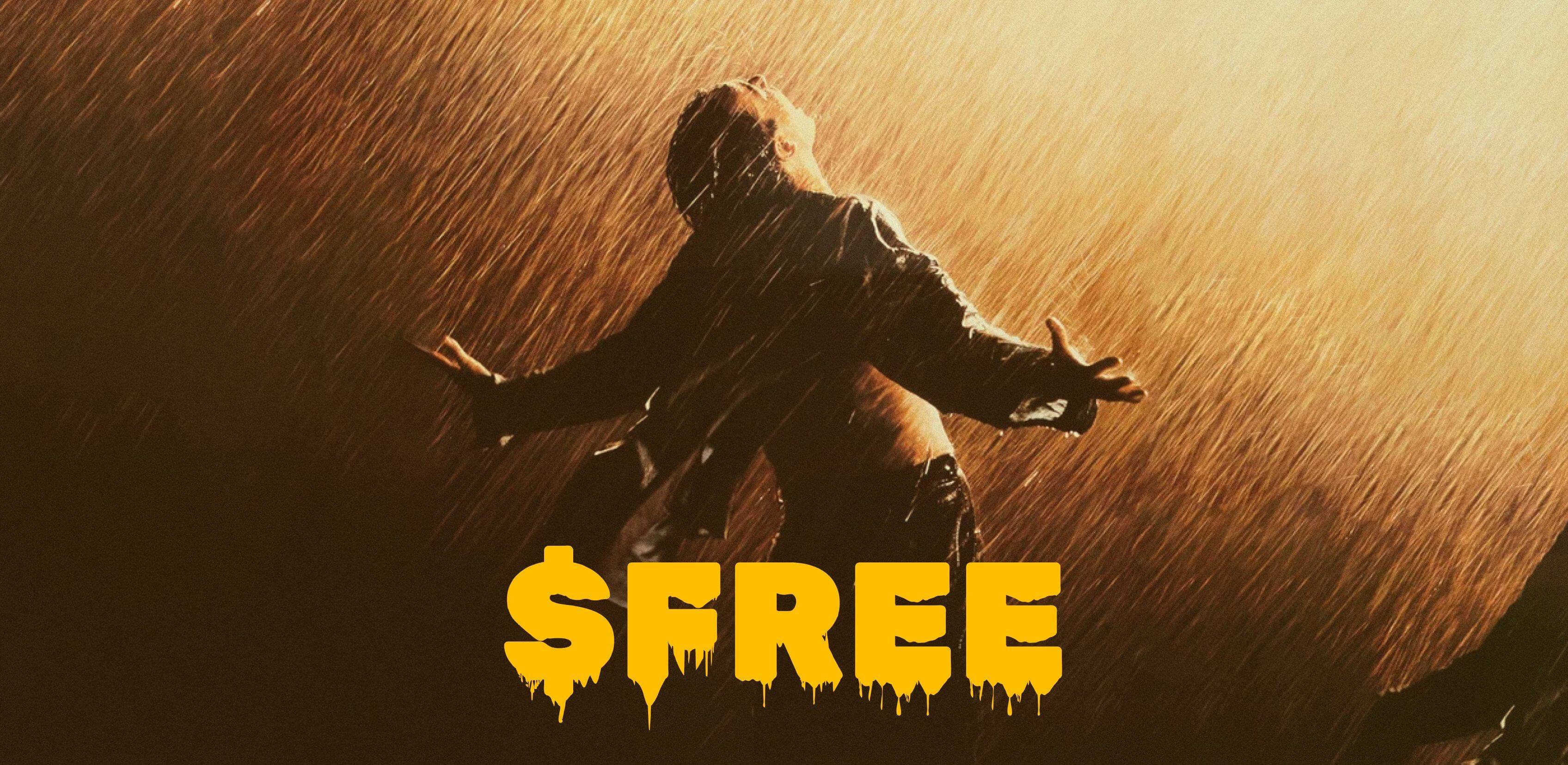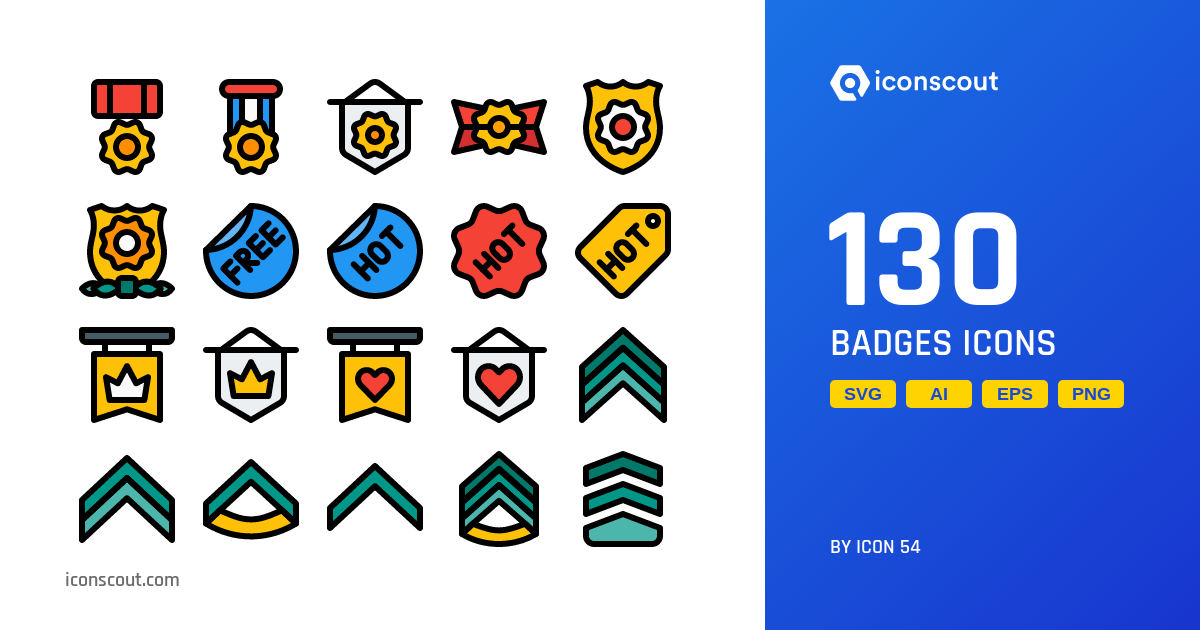Get Free Stuff: Best Freebies And Deals
Is the word "free" truly free of ambiguity? The subtle nuances of this seemingly simple word can dramatically alter its meaning, impacting everything from marketing slogans to legal interpretations.
Consider the ubiquitous "free gift" or "buy one get one free." Does "free" genuinely mean without cost, or is it a cleverly disguised manipulation of perceived value? The truth, as with most linguistic conundrums, lies in the context. "Free from" signifies liberation, a release from an undesirable burden, as in "free from tyranny." Conversely, "free of" implies absence, like a shampoo "free of parabens." This distinction, while often overlooked, underpins our understanding of freedom itself. Is true freedom the absence of constraints, or the active pursuit of liberation? This very question has fueled philosophical debates for centuries.
| Category | Details |
|---|---|
| Word | Free |
| Part of Speech | Adjective, Adverb, Verb, Noun |
| Common Usages | Free from (protection), free of (absence), free (without cost) |
| Examples | Free from worry, free of charge, set the captives free |
| Challenges | Ambiguity, overuse as a marketing tactic, differing interpretations |
| Reference | Merriam-Webster Dictionary |
The complexities of "free" extend beyond simple prepositional pairings. The phrase "for free," while common parlance, raises the hackles of grammar purists. Its redundancysince "free" already implies "without cost"makes it a target for criticism. Yet, its widespread usage, particularly in advertising, cements its place in modern vernacular. This tension between grammatical correctness and common usage highlights the evolving nature of language. While "for nothing" or "at no cost" might appease the prescriptivists, "for free" resonates with a casual, accessible tone that often proves more effective in marketing. After all, languages primary purpose is communication, and if the message gets across, does strict adherence to archaic rules truly matter?
Furthermore, the digital age has introduced new layers of meaning to "free." Think of "free software," "free trials," or "free shipping." Here, "free" often comes with implicit conditions. Free software may require open-source contributions, free trials eventually expire, and free shipping usually necessitates a minimum purchase. This nuanced use of "free" necessitates a discerning eye. We must ask ourselves: what strings are attached? What is the true cost of "free"? This critical approach is essential in navigating the increasingly complex digital landscape.
Beyond commercial contexts, the concept of freedom itself intertwines with the word "free." The Stack Exchange network, a platform for knowledge sharing and community building, epitomizes this. With 183 Q&A communities, including Stack Overflow, it offers developers a free space to learn, collaborate, and advance their careers. This "freedom of information" empowers individuals and drives innovation, demonstrating the profound impact of freely accessible knowledge. However, even in this seemingly utopian space, questions of moderation, intellectual property, and community governance arise, reminding us that true freedom requires ongoing vigilance and thoughtful engagement.
Even simple phrases like "on hand" or "available" carry subtle distinctions when used in the context of "free." Emergency services "on hand" with medical advice implies readily available assistance, a form of freedom from immediate worry. Similarly, someone "on hand to help you out" suggests a readily accessible resource, offering freedom from uncertainty. These examples reveal how the concept of "free" permeates everyday language, shaping our perceptions of accessibility and support.
The debate over "swag" versus "schwag," both meaning promotional items, adds another layer to the discussion. While "swag" enjoys a slight edge in popularity, both terms highlight the power of "free" in marketing. By offering free merchandise, companies aim to build brand loyalty and create a sense of community. This strategy leverages the innate human desire for something "for nothing," further demonstrating the multifaceted nature of "free."
Delving deeper into language, the choice between "free" and "available" depends on the desired level of formality. While "free" suggests a more casual tone, "available" conveys a more professional demeanor. This distinction highlights the importance of context in choosing the right words. Similarly, the temporal context influences preposition usage. "On afternoon" refers to a specific point in time, while "in the afternoon" describes a broader period. These nuances, though seemingly minor, can significantly impact the clarity and precision of our communication.
Finally, consider the world of online entertainment. Platforms offering free streaming services, games, or software often rely on advertising revenue. This "freemium" model raises questions about data privacy, user experience, and the true meaning of free access. While users enjoy free content, they often pay a price in terms of targeted ads and data collection. This trade-off highlights the evolving definition of "free" in the digital age.
Ultimately, the word "free" remains a fascinating and complex linguistic entity. Its meaning shifts and evolves depending on context, usage, and even the medium of communication. From the absence of ingredients in our shampoo to the liberation of oppressed peoples, "free" carries a weight that demands careful consideration. As we navigate an increasingly complex world, understanding the subtle nuances of this seemingly simple word is more crucial than ever.


